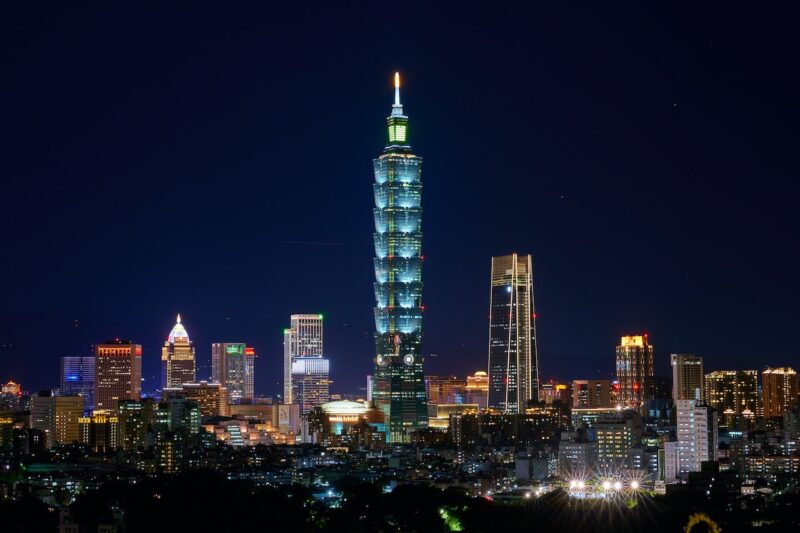The Florentine luxury house Gucci has quietly pulled all rabbit felt products featured in its latest Lunar New Year edition, in celebration of the Chinese zodiac of the rabbit. The action came after Rebecca Cappelli, a French filmmaker who is also an animal rescuer, called out the New Year collection over animal rights concerns on her LinkedIn, where she has nearly 4,000 professional connections.
The special edition including a “100% rabbit felt” hat, also features loafers spray painted with bouncing bunnies, sweaters, and silk turquoise blouses alongside pleated mustard skirts as well as a series of accessories presented in an “Alice in Wonderland” alike setting.


In the original post, Cappelli said by introducing the new collection, Gucci is “backtracking” on its commitment to the fur-free policy that was announced in 2017. It also contradicts the fact that the brand is part of the Fur Free Alliance’s Fur Free Retailer Program, and Gucci’s parent Kering went fur-free in 2021.
“Exploiting rabbits in ads while selling products that harm them is not the way to celebrate the year of the rabbit,” added the Switzerland-based public speaker who is also a Mandarin-speaking professional who has lived for over 18 years in regions that observe the Lunar New Year, including Beijing, Shanghai, Hong Kong, and Singapore.
In response to the criticism, Gucci argued that rabbit felt was not technically classed as fur due to it not being used with the animal skin attached to it, which is why they believe the use of the material is in line with its fur-free commitment. The brand further explained that rabbit felt is “a co-product derived from the food supply chain in European farms”, cited by The Business of Fashion. Despite the denial, the brand has discontinued the sales of the concerned products; an action that has been welcomed by the public.
This is the second time in a row that Gucci’s Lunar New Year campaign has come under fire over animal rights concerns. Last year, the label was also in a tight spot for using real tigers in a commercial dedicated to the Year of the Tiger. The endeavour faced mixed reactions amongst the target audience at home, with some Chinese netizens suggesting it was rather unnecessary and others jokingly saying that they look forward to seeing what Gucci will do to honour the Year of the Dragon.
However, the backlash against the campaign soon heated up overseas with criticism from animal rights activists flooding in. Although the brand explained that “a third-party animal welfare organisation was on set and verified the animals were not harmed throughout the execution,” the practice was believed to be “sending the wrong message by promoting tigers as pets and luxury items when they are wild animals” as stated by World Animal Protection US in a tweet.
As the younger generations of Chinese consumers are becoming more environmentally conscious, brands’ commitment to sustainability and animal welfare is also growing in importance for marketers in China. While it is a shrewd effort to leverage the Chinese zodiac to win over these lucrative demographics, global luxury brands are also advised to take extra caution when it comes to incorporating animal elements. By being environmentally responsible, luxury labels are able to enhance their global reputation, which is one of the most important values amongst consumers in China.









